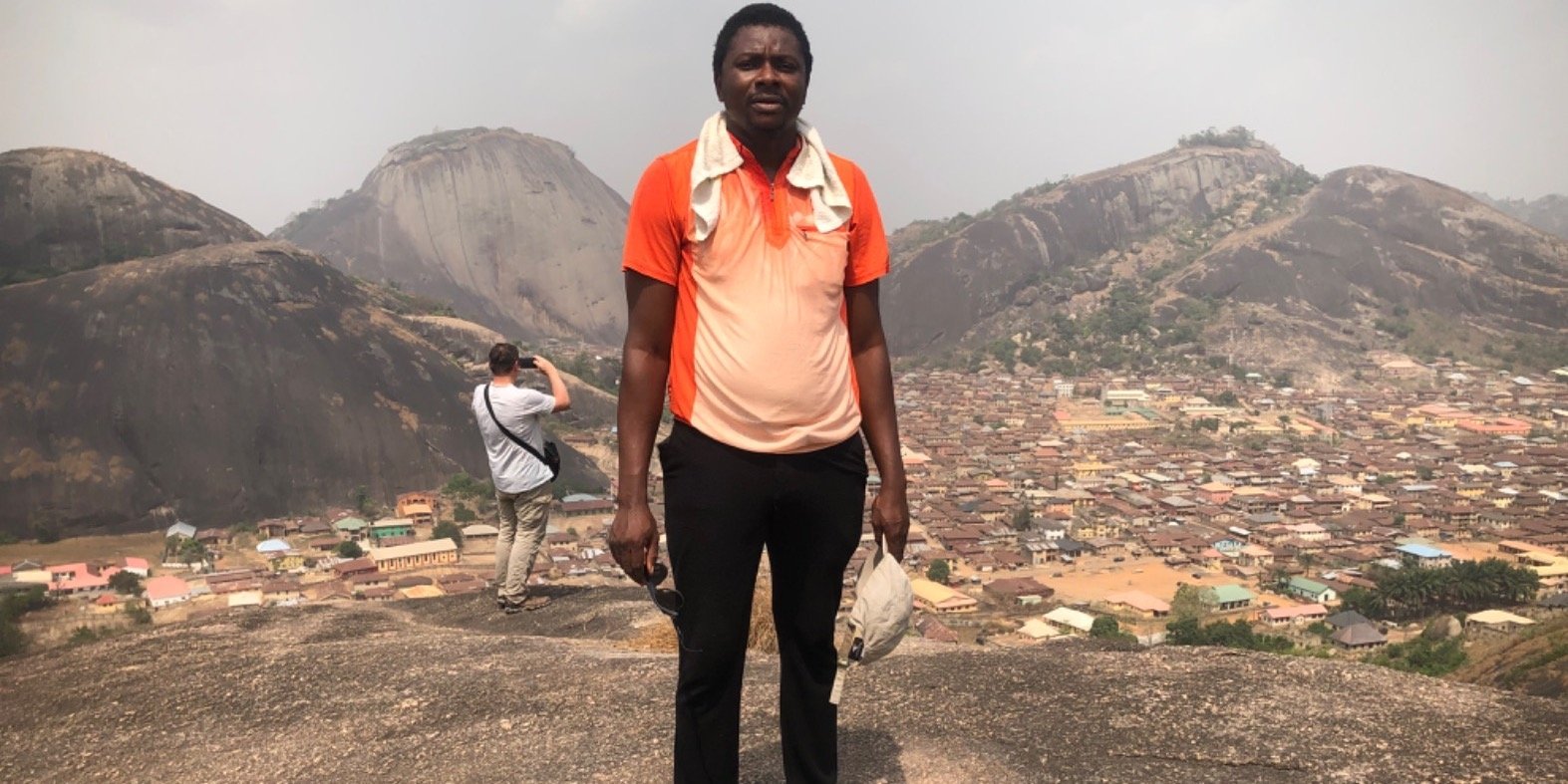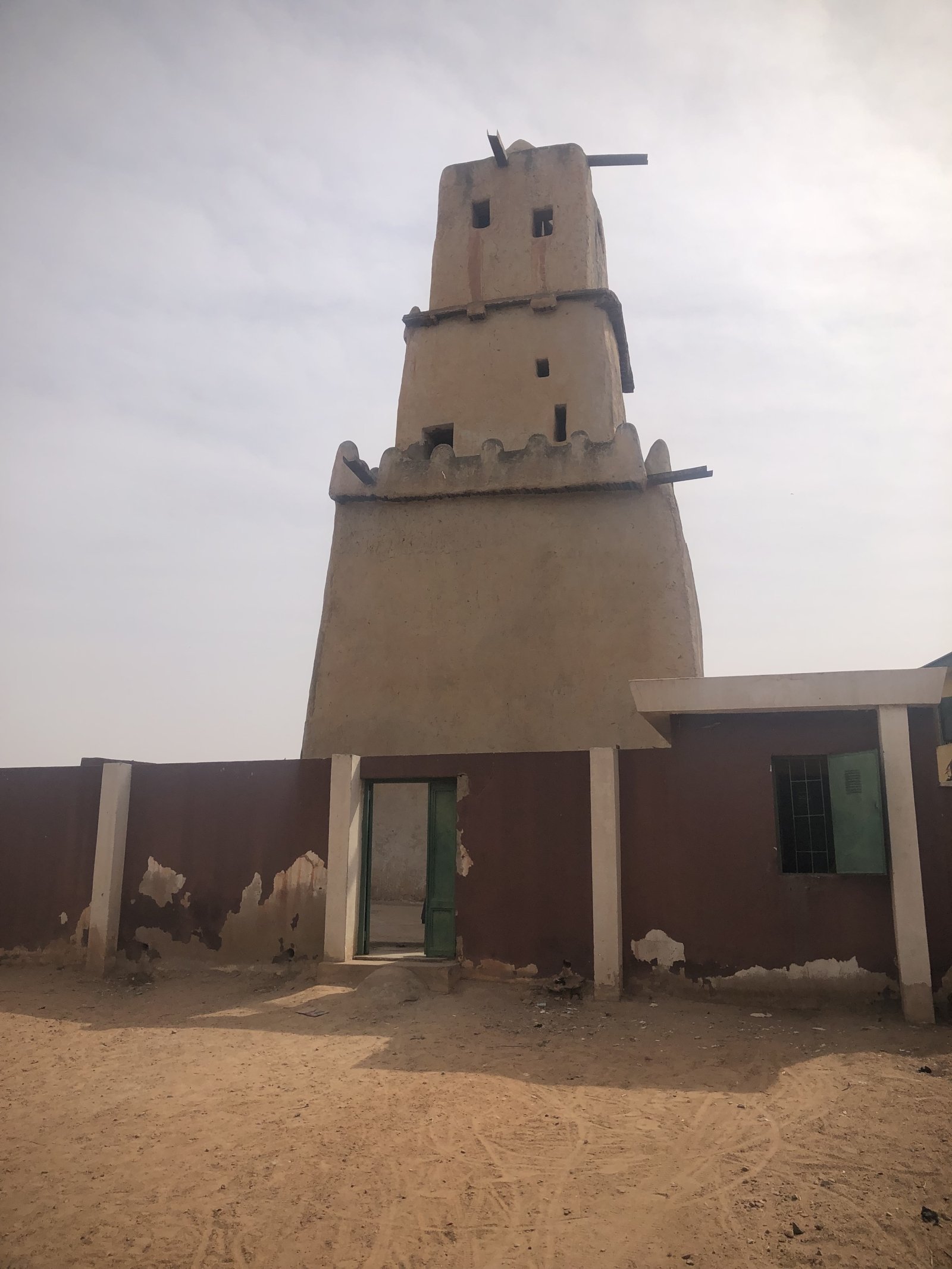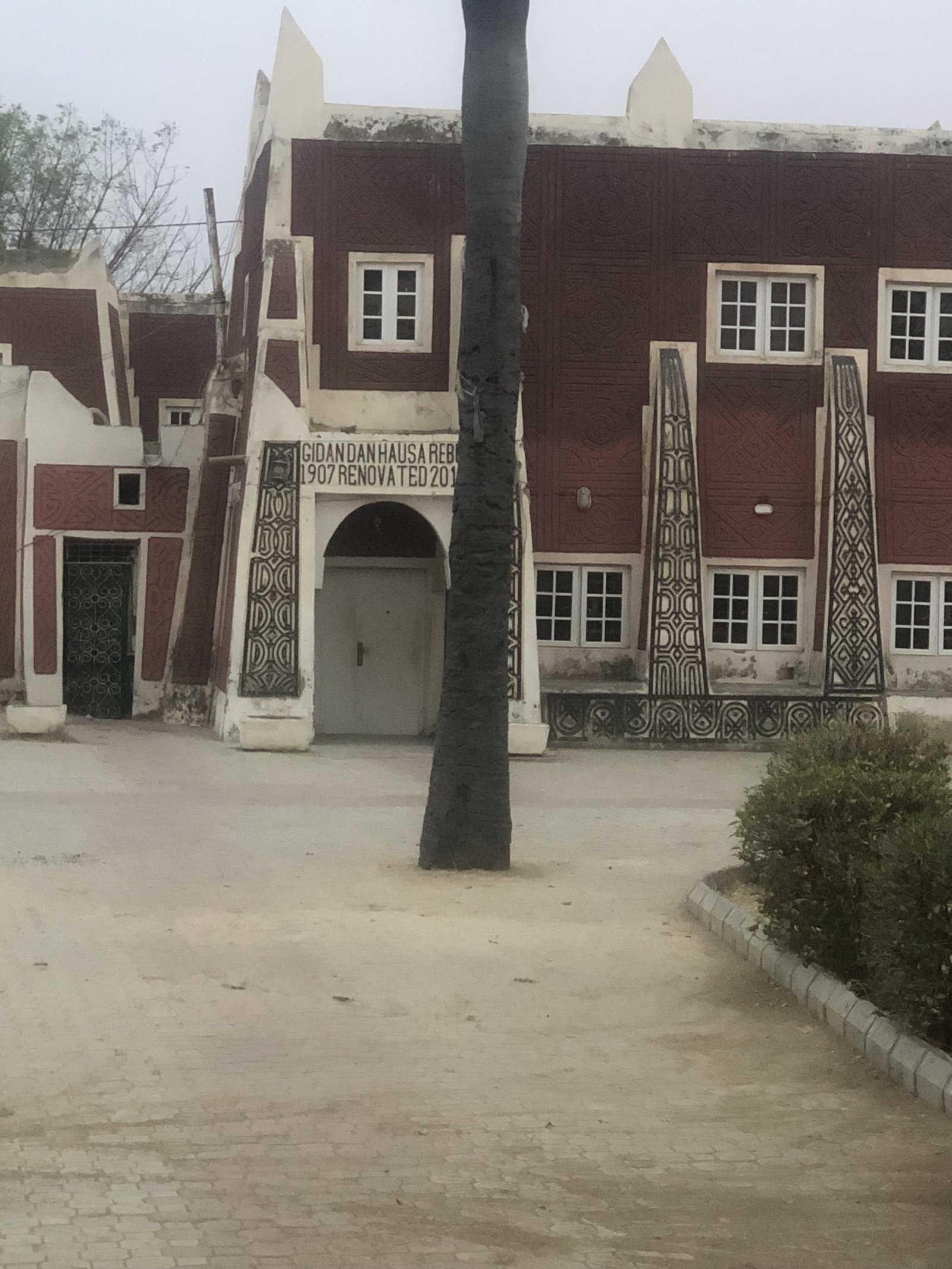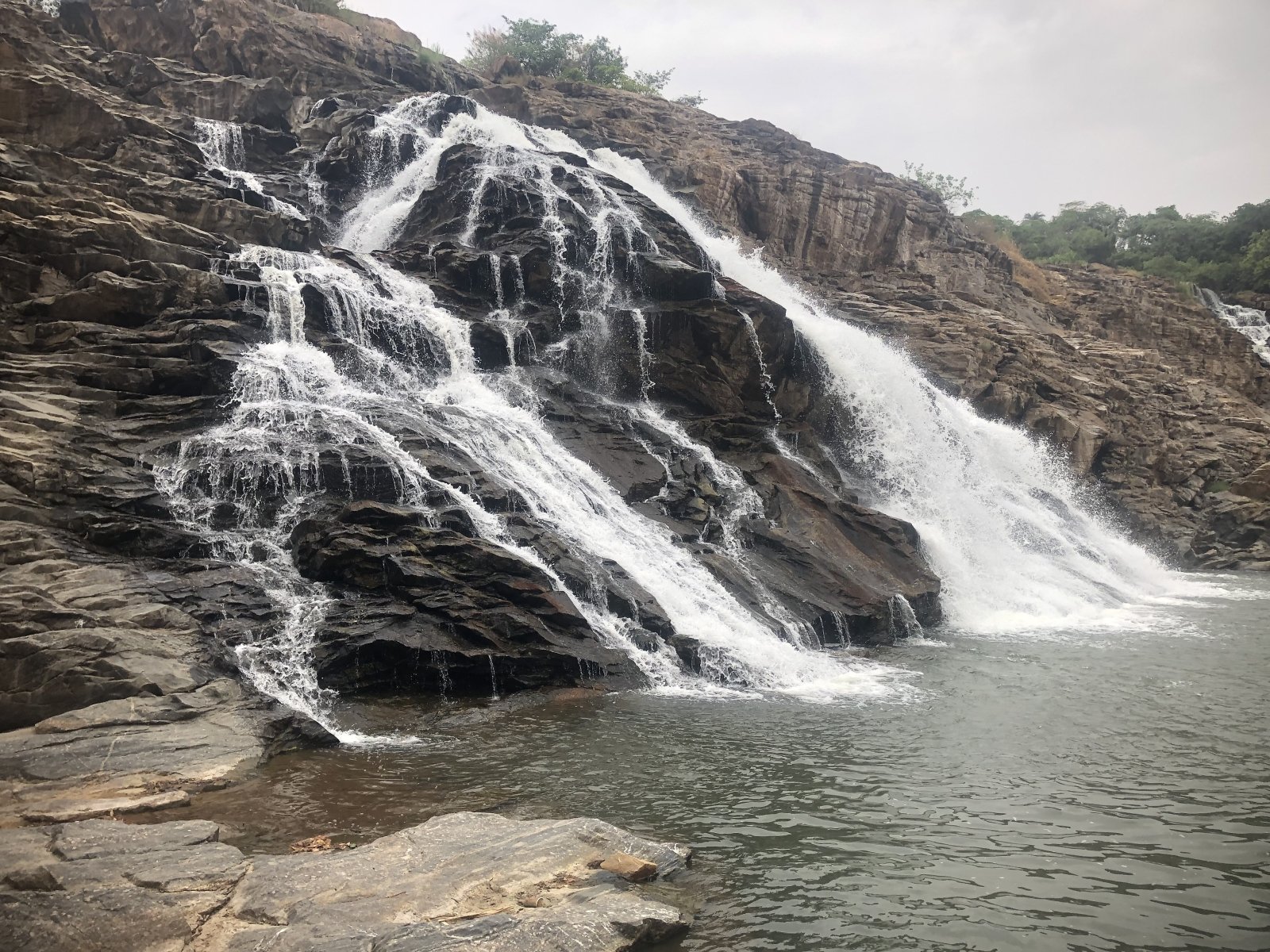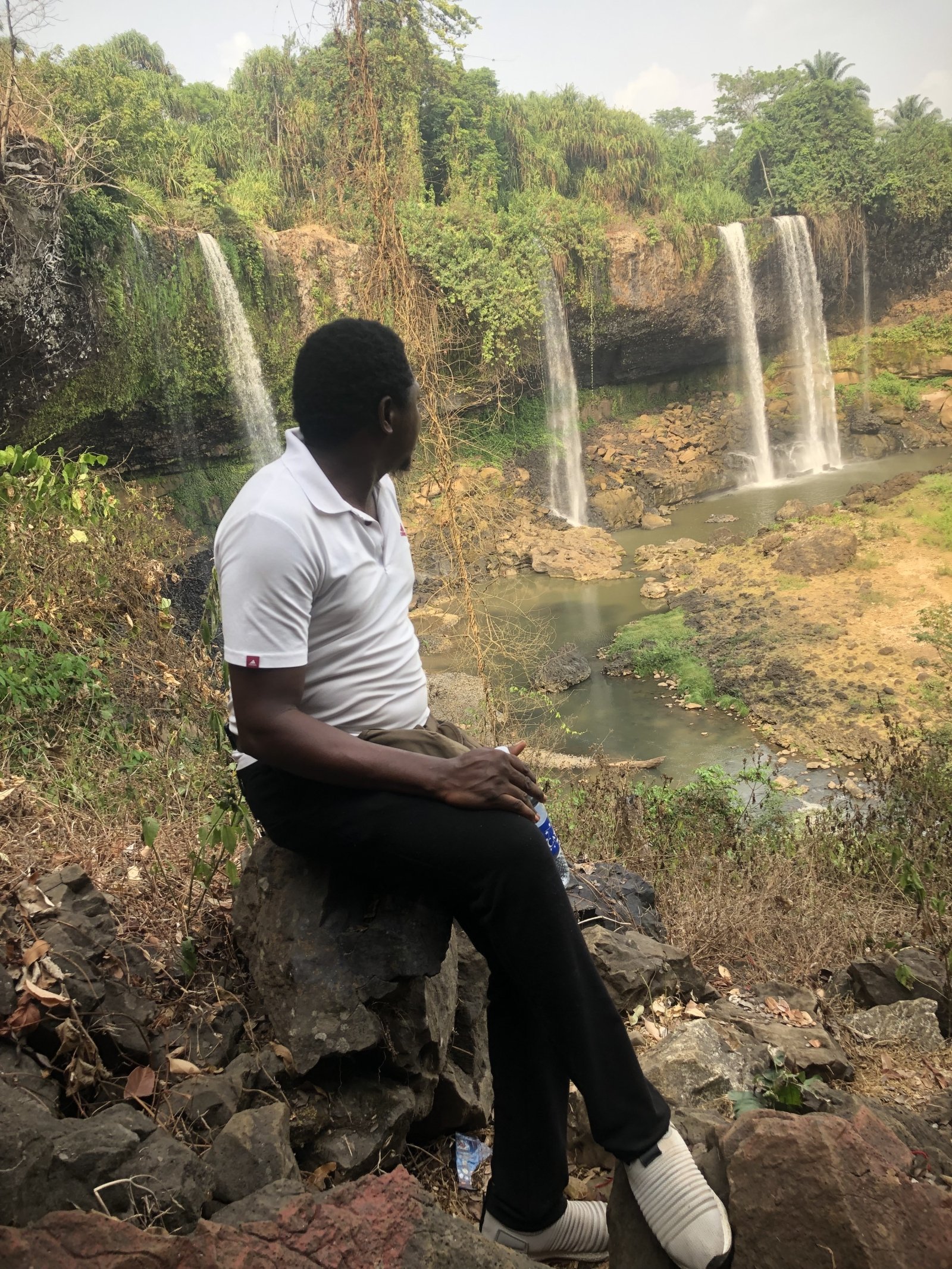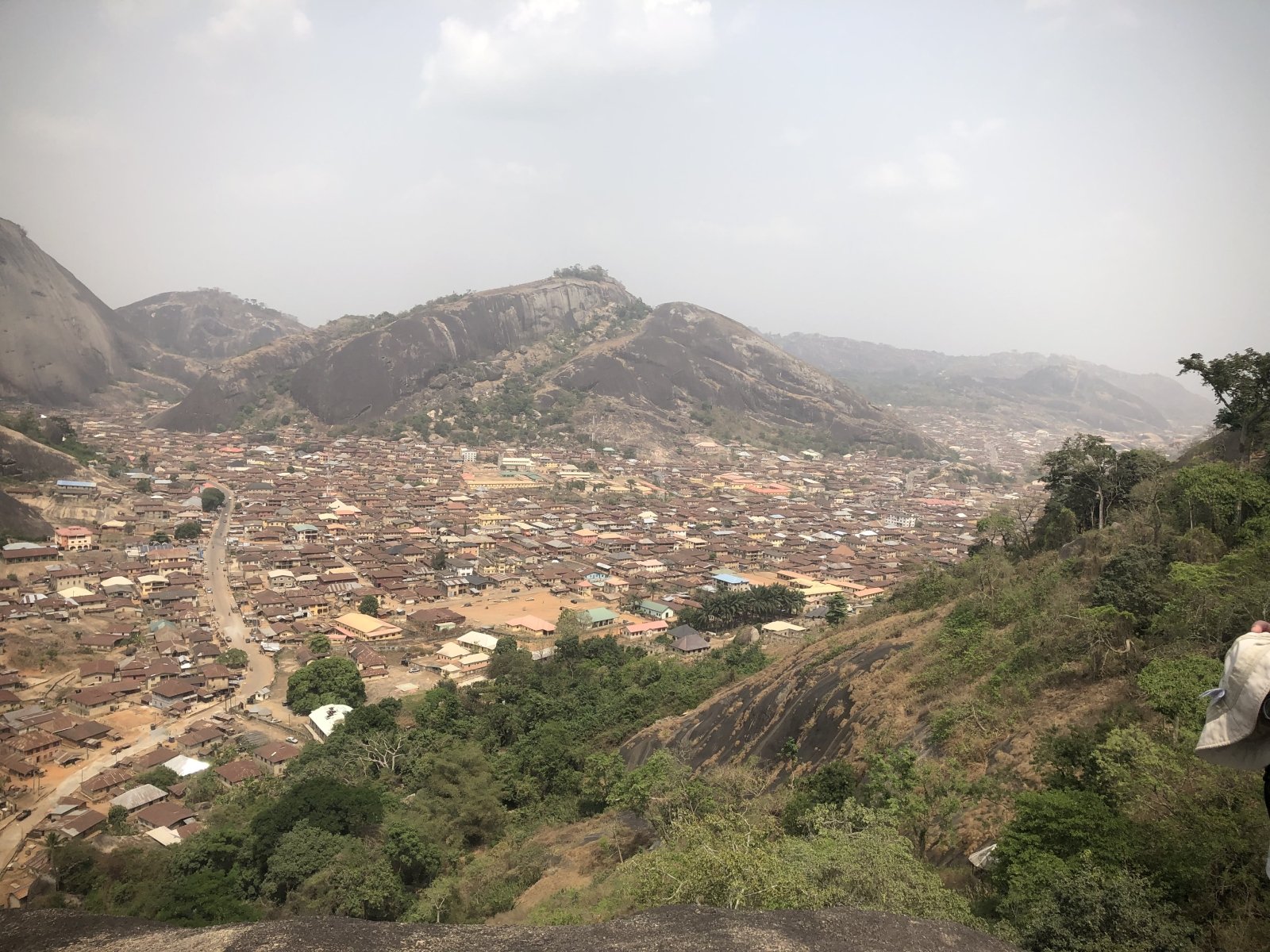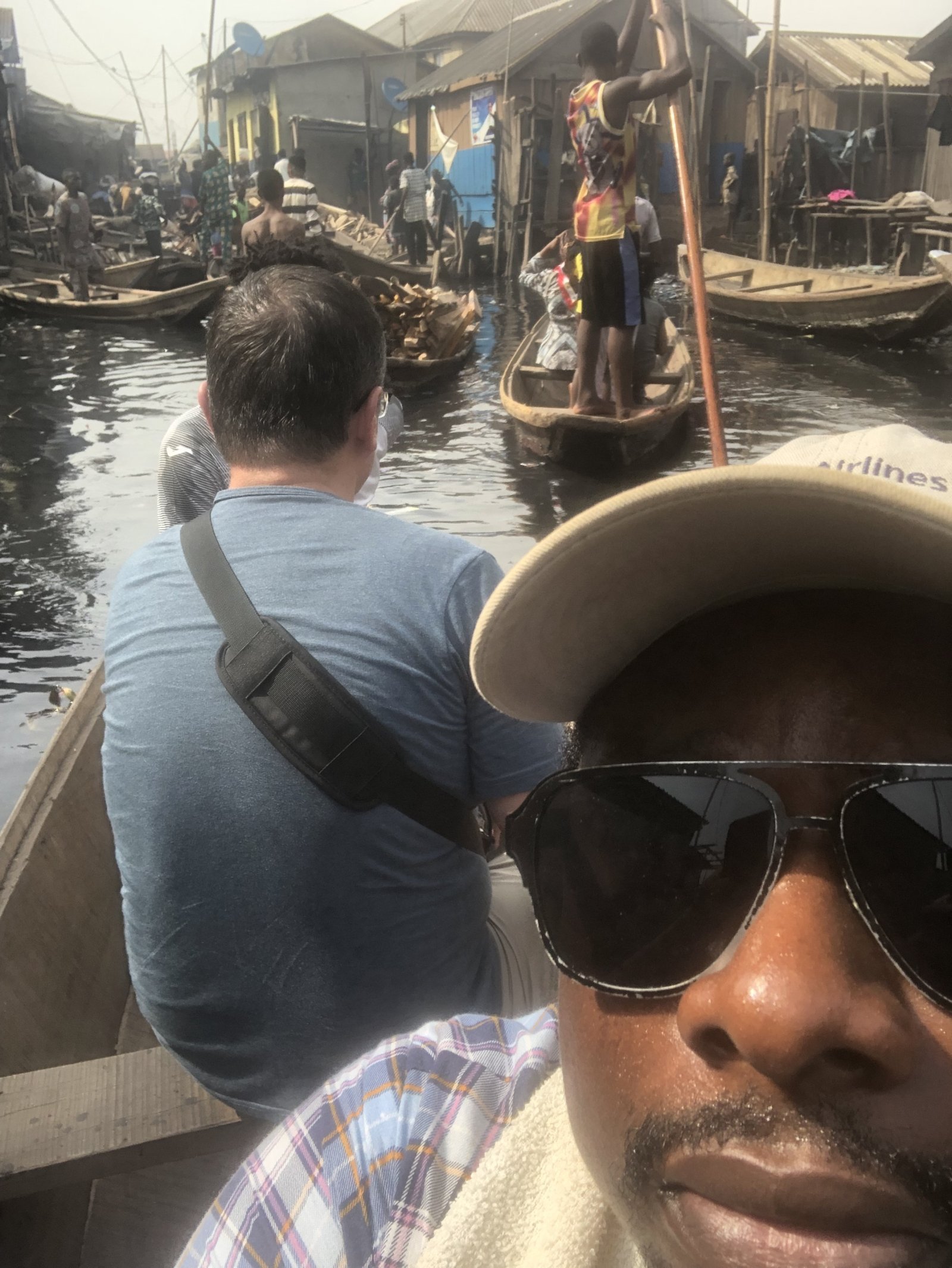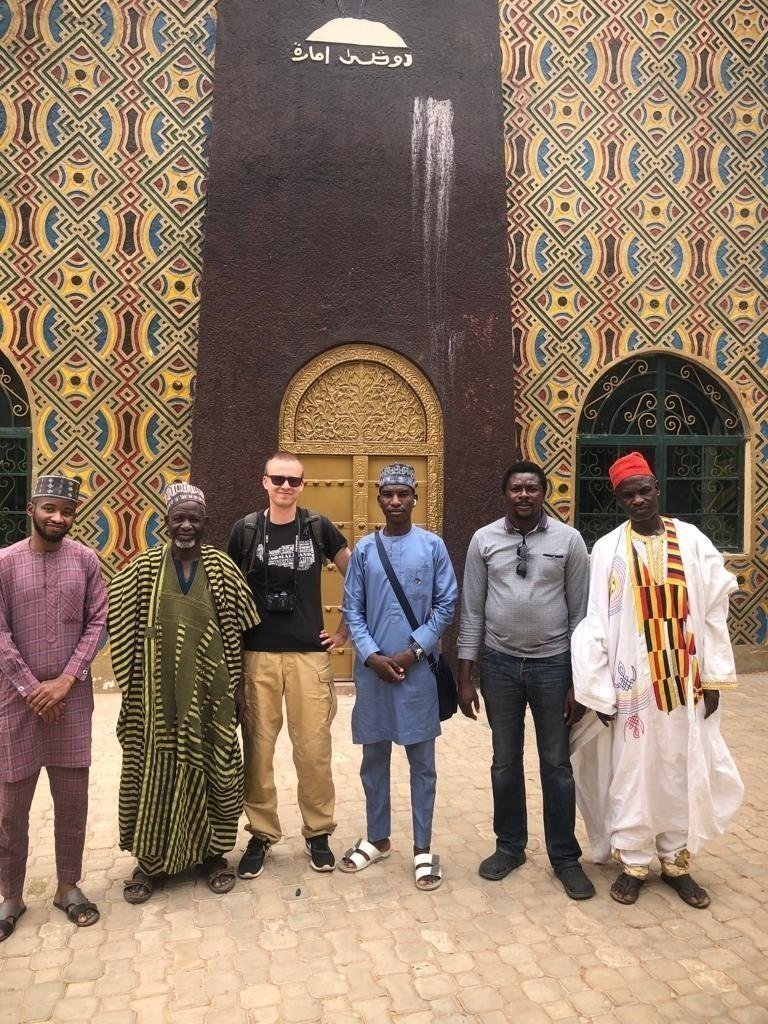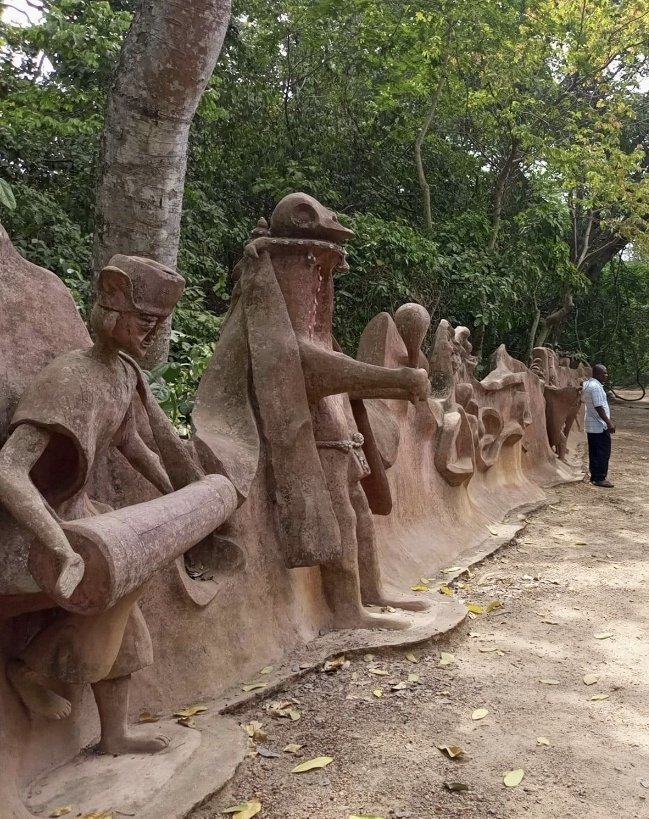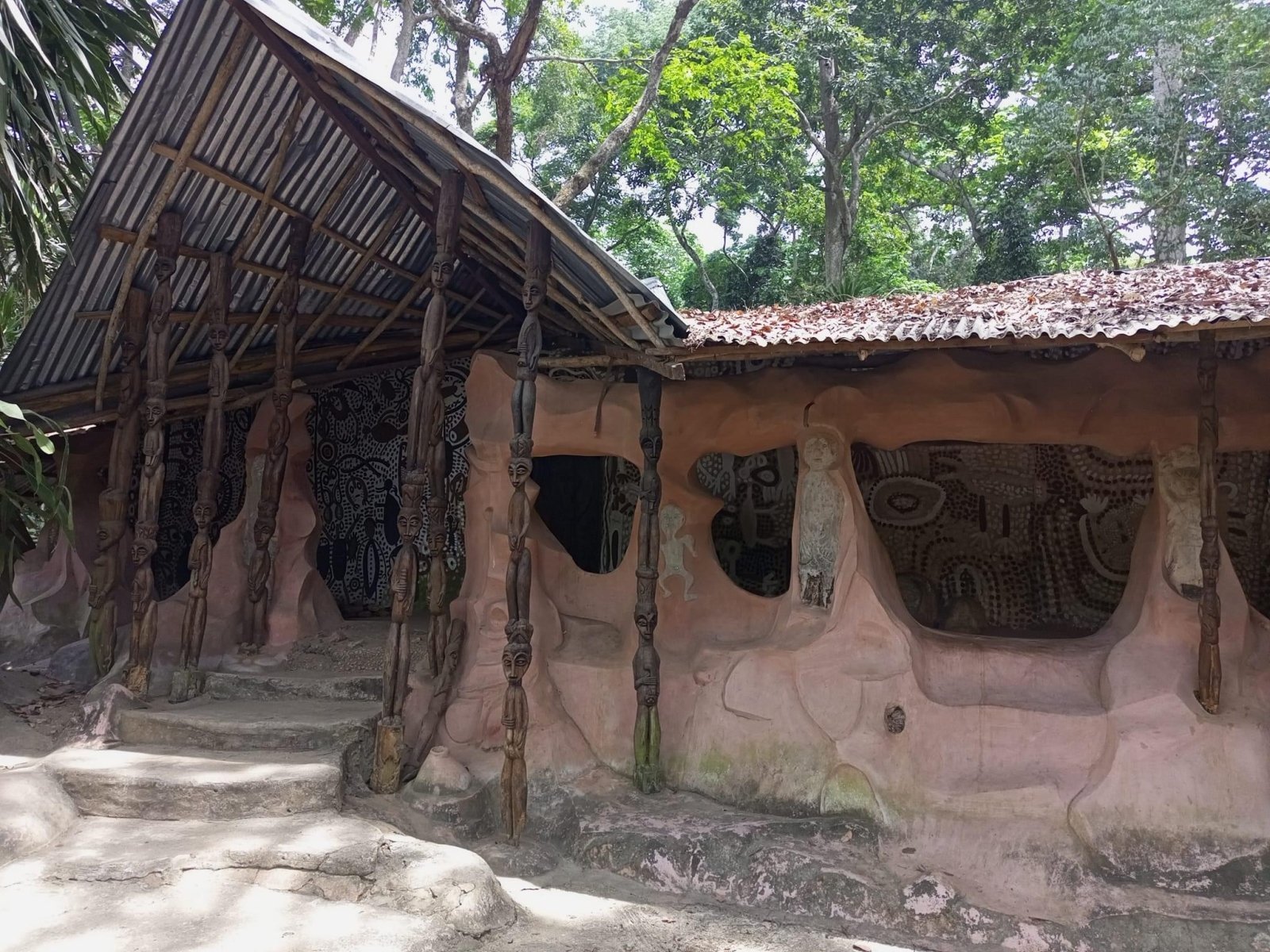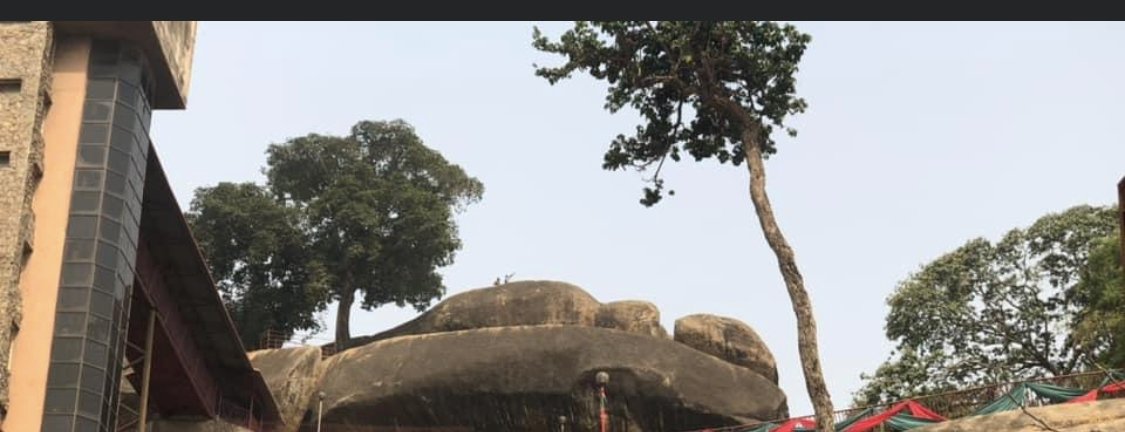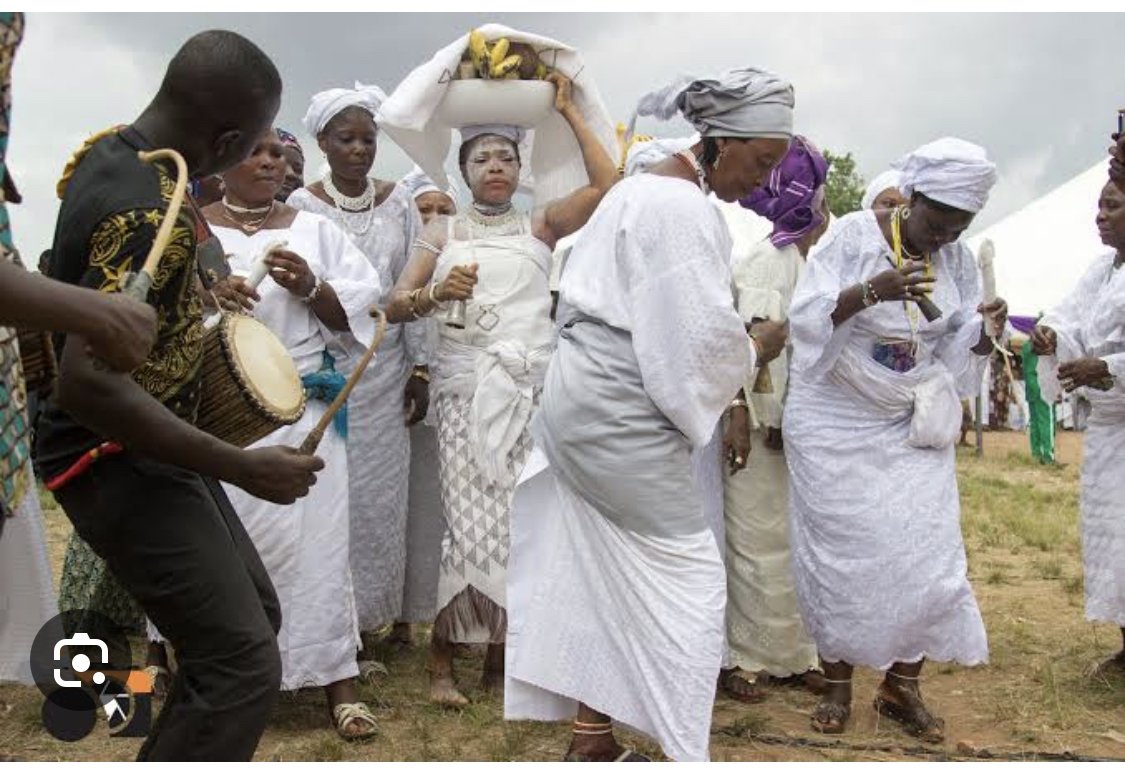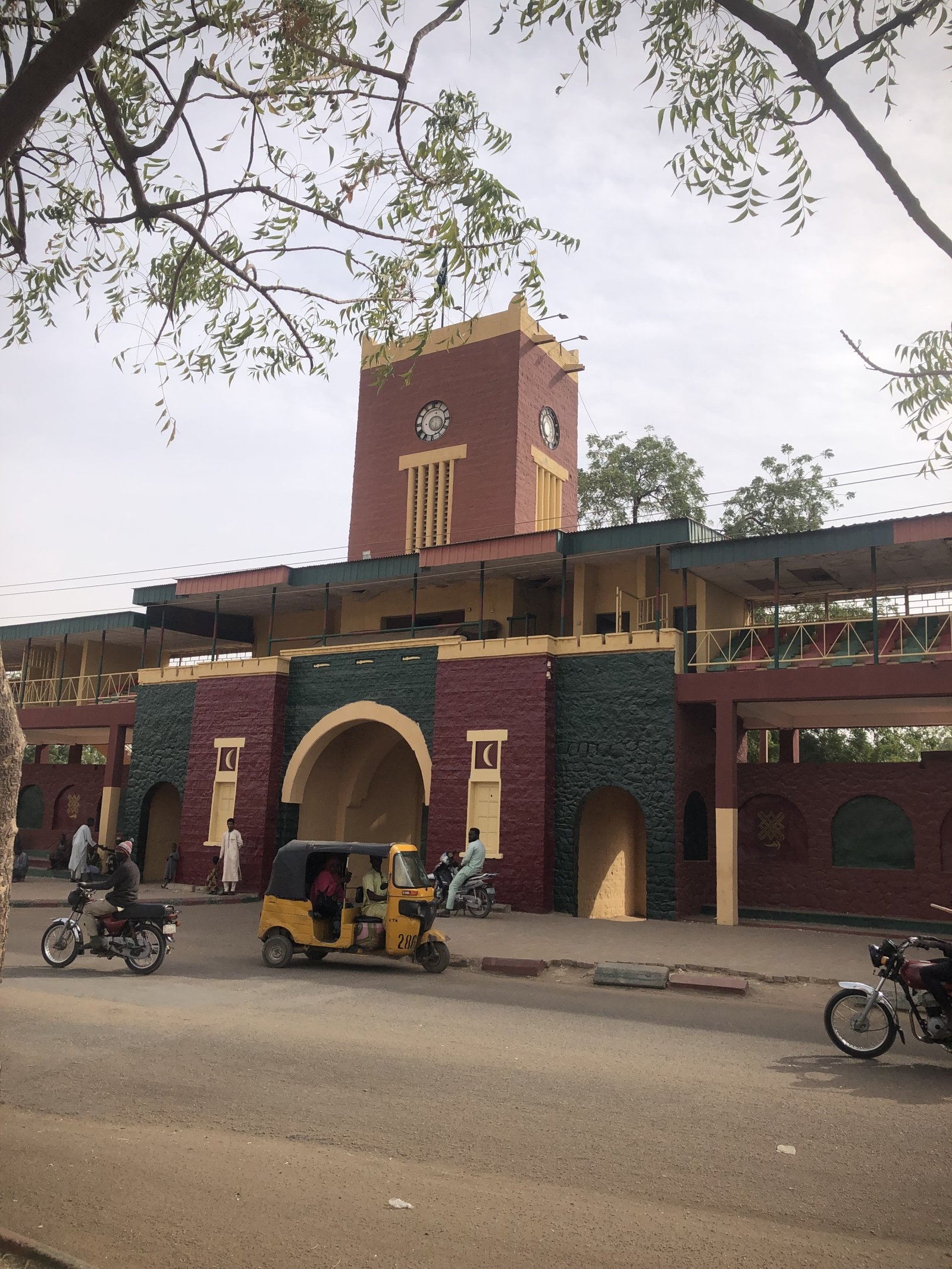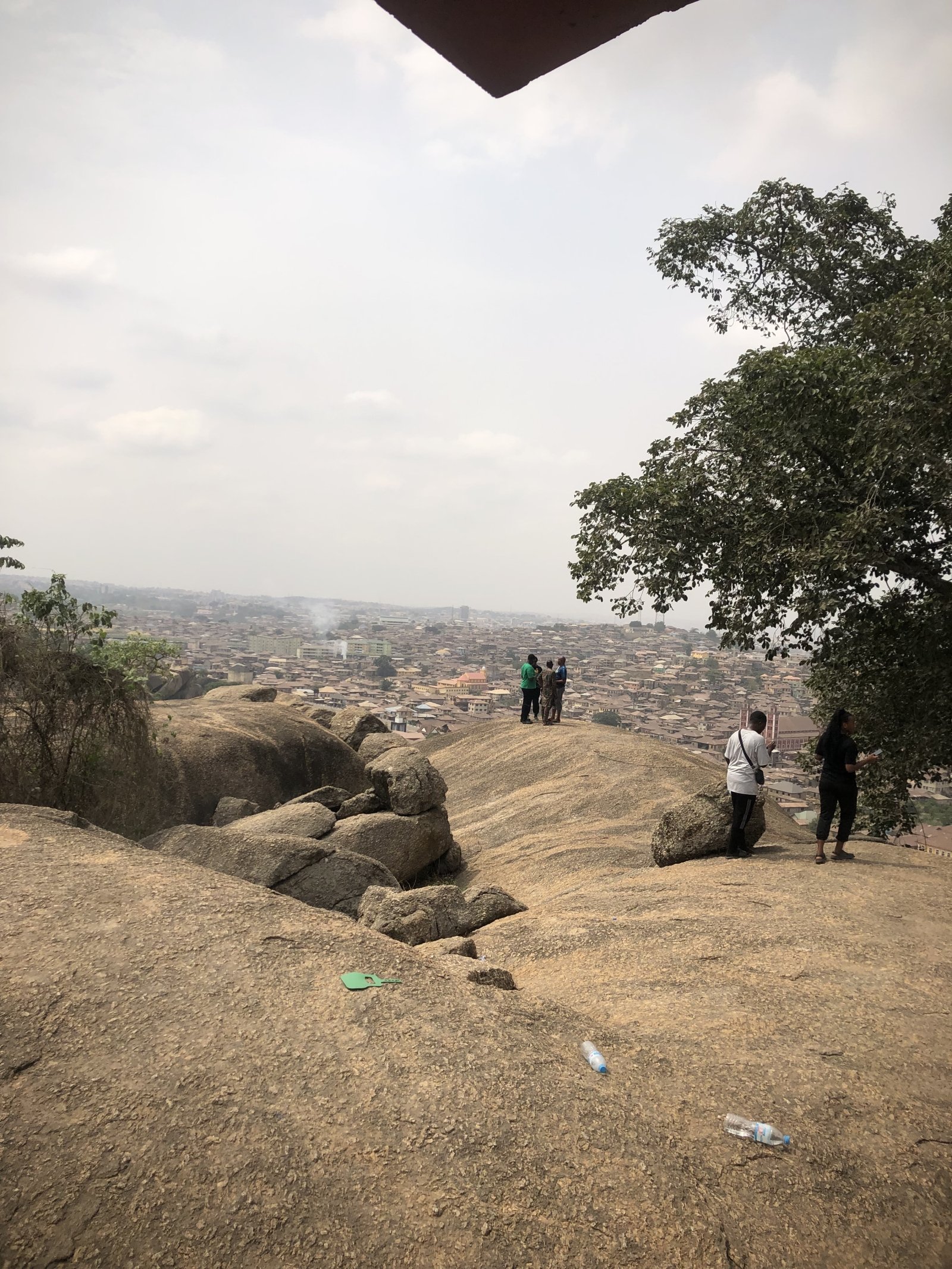Nigeria from south to north - Kenno T & Logistics
-
Duration - 12 hours
-
Guide optionsEnglish
-
Cancellation PolicyStandard
Overview
Nigeria from south to north - Kenno T & Logistics. Experience with us the slightly too big megalopolis of Lagos and its floating slum of Makoko, see the majestic Zuma Rock on the outskirts of Abuja and be surprised by the abundance of goods and people in the busy market of northern Nigeria
Highlights
- Get to see the nature and natural waterfalls
- See and speak with the friendly villagers and heads of villages
- Witness traditional festivals dated centuries back and still practiced
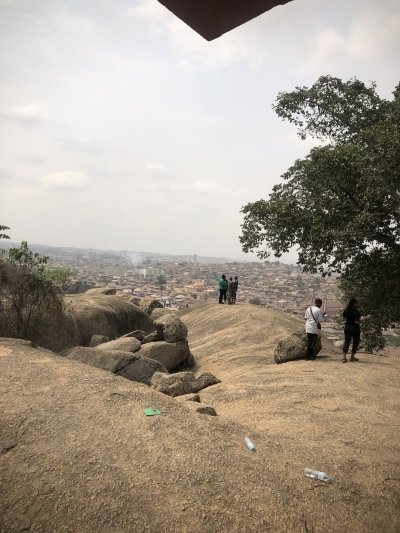
Description
Nigeria from south to north - Kenno T & Logistics
Nigeria is a vast territory with 223 million inhabitants – divided into countless ethnic groups, each with its own language and culture. Join us to scratch the surface of a very diverse Nigeria as we travel across the country from Lagos, Africa's largest city, to Abuja, the capital, and on to Kano, the vibrant heart of northern Nigeria.
Experience with us the slightly too big megalopolis of Lagos and its floating slum of Makoko, see the majestic Zuma Rock on the outskirts of Abuja and be surprised by the abundance of goods and people in the busy markets of northern Nigeria. Also see historic emirate palaces, old caravan towns and one of the world's most beautiful oases and sand dunes in the Nigerian Sahara. Safely.
The trip is organised as a small group of up to eight people or a Private Tour which makes it more personalised and gives us a better insight into local cultures than when travelling with a large group. The trip is led by an English speaking guide.
Day 1 –
Arrival in Lagos, Nigeria's largest city. We pick you up from the airport and transfer you to your hotel. Accommodation at the 4-star Amber Residence or equivalent. All hotels on our tour are secure.
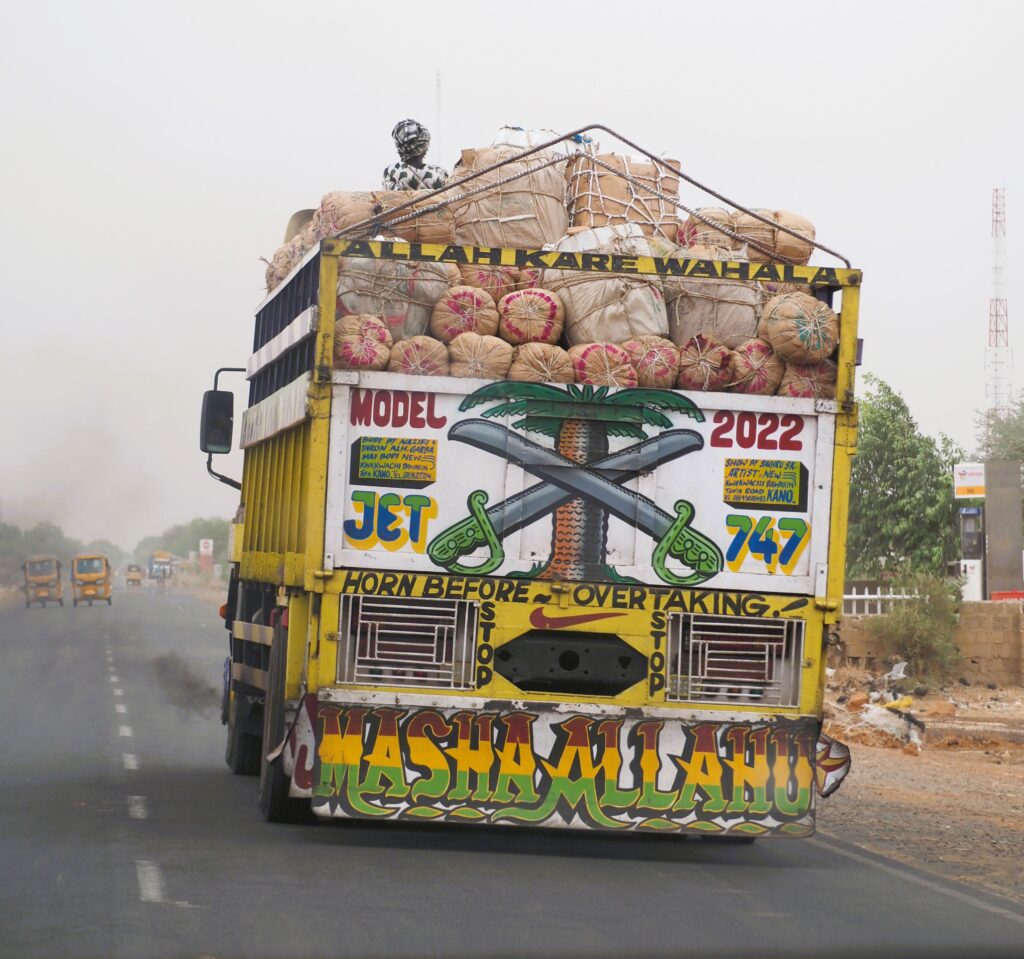
Day 2 –
Welcome to Lagos, the fourth largest city in the world and the largest in Africa, a megalopolis of 26 million people! Lagos is built on the shores of the Gulf of Guinea along lagoons and islands – uncontrolled, which led to the city losing its capital status to Abuja.
Lagos traffic is always more or less congested due to its "failed" location and especially its massive population. During the day we visit the "floating slum" of Makoko, also known as the "Venice of Africa" because it is partly built on stilts in the middle of the lagoon and the slum is mainly navigated by boat.
In Lagos, we will also visit the busy markets that can be found around the city. Depending on the traffic situation, our choice is Balogun, Apongbo or Idumota. Accommodation in at the four-star Amber Residence or similar in Lagos.

Day 3 –
After breakfast, we drive about two hours to Abeokuta, the capital of Ogun State, home town of President Obasanjo, who led Nigeria from 1999 to 2007, where we visit the Presidential Library, whose mission is to "deepen democracy". The former president got the idea from the United States. We learn about the history of Nigeria and the life of President Obasanjo.
In Abeokuta, we also visit Olumo Rock, a high rock formation. In the 19th century, it served as a fortress during inter-tribal wars. We will also see colonial architecture in the centre of Abeokuta, including a beautiful red 1920s mosque.
In the evening we return back to Lagos. Accommodation at the Amber Residence or similar.
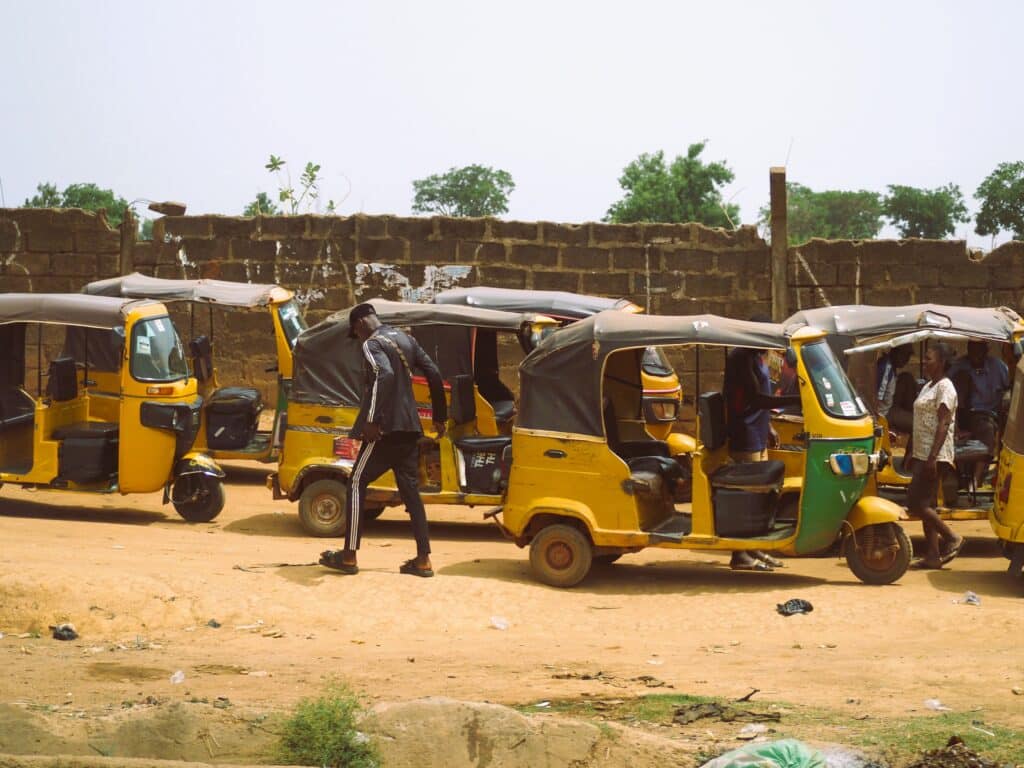
Day 4 –
Lagos is a big city, and getting from place to place is not always a breeze, so we may not see some place we wanted to visit in the second day until today. We are also scheduled to see a piece of a different Lagos – the 78-hectare Lekki Nature Reserve, where we will see wetlands, savannah, crocodiles and especially monkeys. We will also visit the Nike Art Gallery, founded by Nike Davies-Okundaye, the largest art gallery in West Africa and one of the highlights of Lagos.
In the evening we drive to Lagos airport and take an evening flight to Abuja. The flight takes about an hour. In Abuja we will stay at the 4-star Hotel Sinclair Lake Chad or similar.
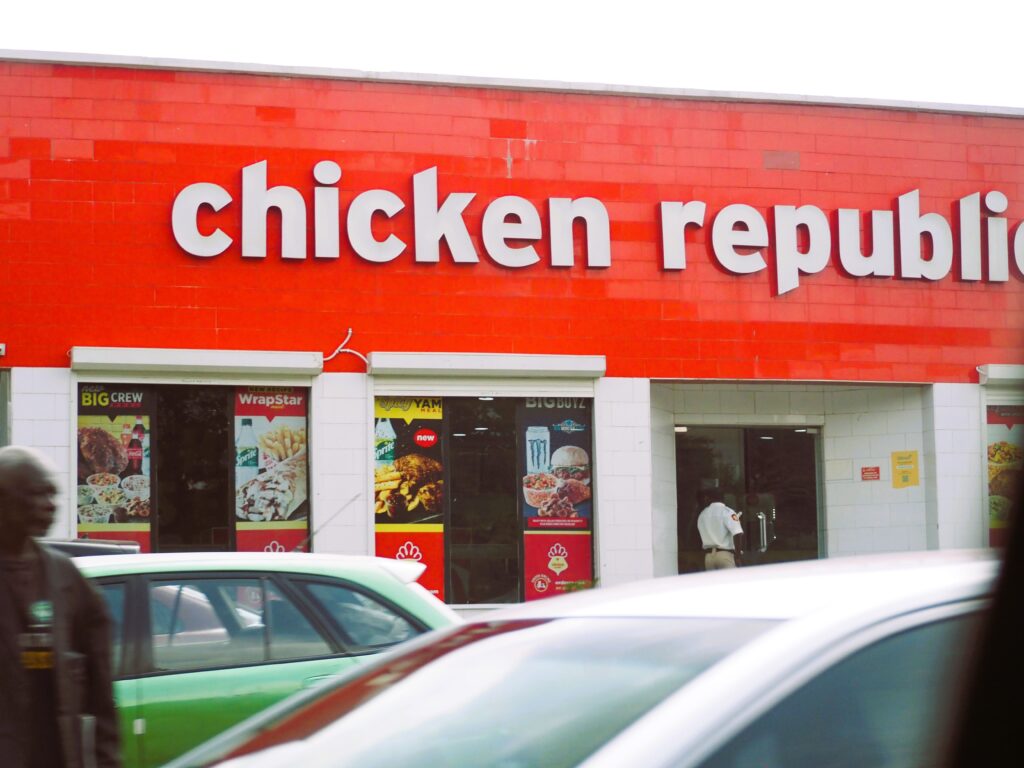
Day 5 –
Abuja is a young city that was decided in the 1970s to become the country's capital, replacing the out-of-control Lagos on the country's southern coast. Abuja officially became the capital in 1991. Abuja differs from Lagos like night from day – the city is clean and its layout was designed by a Japanese architect.
In the morning, we explore Abuja and especially its main attraction, the huge National Mosque in the centre, completed in 1984 and open to non-Muslims. In addition to visiting the mosque, we will visit Zuma Rock, a 725-metre monolith that rises outside Abuja.
In the evening we fly from Abuja to Kano, where we stay in a four-star Bizarre Luxury Apartments or similar.

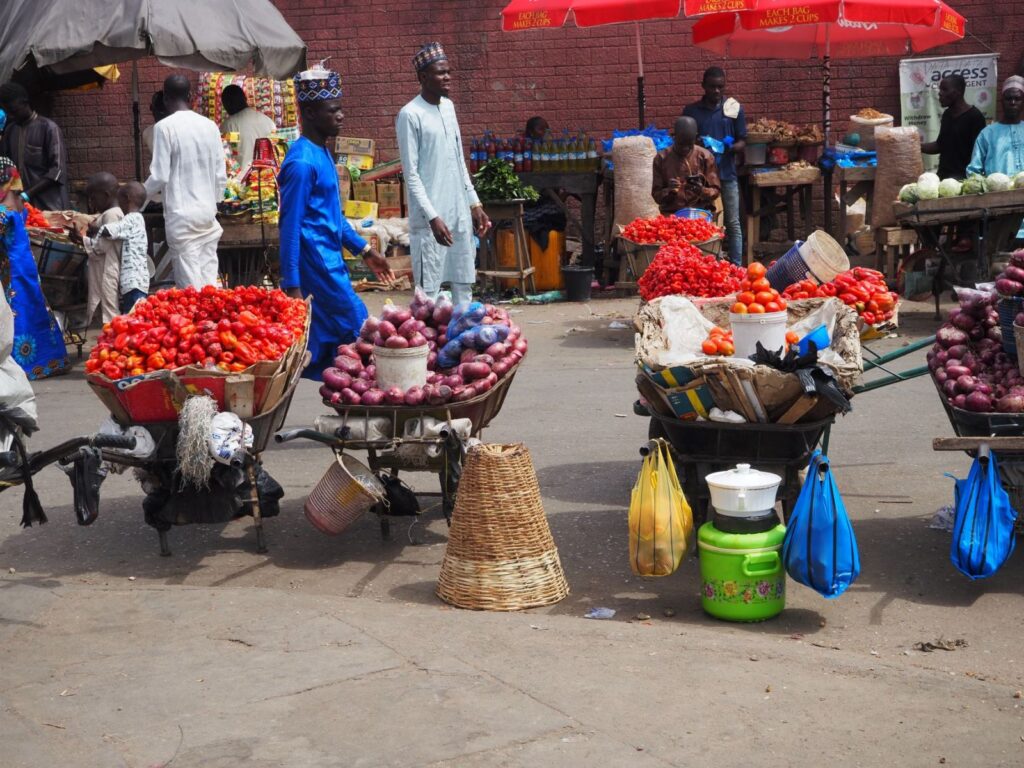
Day 6 –
Welcome to Kano, the largest city in northern Nigeria and one of the country's most important centres of commerce and industry, with a population of 4 million. Kano's history dates back to the 900s and in the Middle Ages it became an Islamic Hausa kingdom. We visit the fragments of the wall around the old city, which date back to the 15th century. We will also visit the emir's palace and the city museum.
A visit to Kano is not complete without admiring the scenery from Dala Hill or visiting the historic Kurmi Market. The history of Kurmi Market dates back centuries, when Kano became a major centre for trans-Saharan trade. Before the colonial era, up to 12,000 camel loads of goods arrived in Kano each year and were exchanged here for goods such as textiles, ivory and slaves. The trade network of the Kano covered the whole of the Sahara, the Sahel and even the southern parts of present-day Nigeria. The importance of slaves in the Kurmi market and in the Kano was highlighted in the 1700s and 1800s, when Arabs transported around 5 000 slaves a year across the Sahara to Tripoli in what is now Libya and on to the Middle East. There are still Arabs in Kano, of course, but slaves are no longer sold in the Kurmi Market.
We will stay overnight in Bizarre Luxury Apartment or similar.
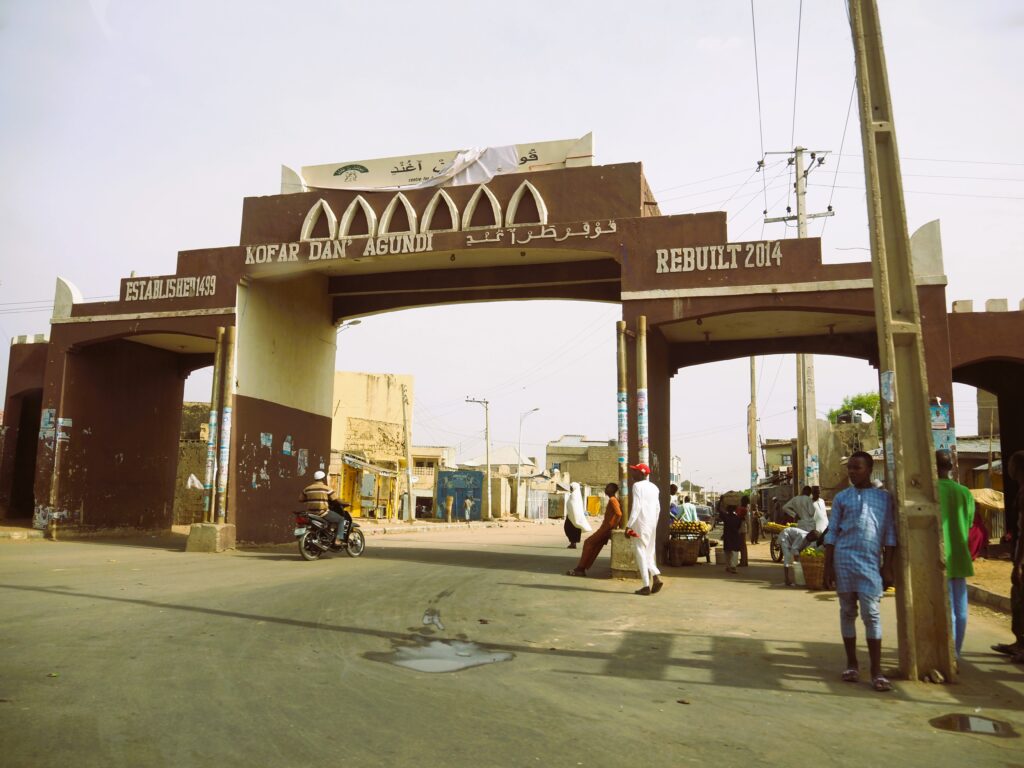

Day 7 –
During the morning we drive the 1.5 hour journey to Dutse, the state capital of Jigawa, the opposite of the bustling and massive Kano. The tidy Jigawa is a kind of model state among Nigerian states and visitors can spot it on the streets of Dutse. We visit the Emir's palace and museum in Dutse, before climbing to see the scenery from a nearby hill. We will also visit the Ibrahim Saminu Turaki Tower, where visitors can climb to admire the view.
During the day, we drive still four hours to the city of Gashua, where we stay at the three- to four-star Yusufana Royal Suite Hotel or King Abubakar Luxury Hotel and Suites.
For the peace of mind of passengers, a dedicated security officer or two (either from the Nigeria Police Force or the army) will also be now on board, making the journey a breeze and keeping pickpockets at bay. These officers are highly professional and trained to deal with VIPs like us.

Day 8 –
In the morning we drive 30 minutes to the small town of Yusufari, where, with the help of the local emir, we are given four-wheel drive SUVs to drive immediately the 2.5 hour journey through dunes and dry terrain to the small village of Tulo Tulo, on the Niger border. The scenery is not at all what is commonly associated with Nigeria – this is the Sahara, or at least we are very much on the edge of it. On the way, we stop at a few oases, some of which have water all year round, some of which are dry. In Tulo Tulo village, we are on the land of Kanuri tribe.
We will be visiting the border post with Niger and, if the border authorities allow, those who wish can make a quick stop on the neighbouring side. We buy our food supplies at the market in Tulo Tulo, then drive a short distance through the dunes to a nearby oasis. We camp in a picturesque palm-fringed oasis surrounded by sand dunes.
The rest of the day is free to wander around the oasis and meet the some animals (aka cows) and the occasional friendly people who grow everything from mangoes to melons and bananas on the edges of the oasis. We have the security of the emir and village chief throughout our stay, so we are not alone in our camp. Overnight in tents (or on the sand under the open sky if you prefer so).
Day 9 –
We wake up to a peaceful morning at the oasis, have breakfast and have still time to tour the oasis and enjoy the hospitality of a local Kanuri tribe before a bouncy return trip through the dunes back to Yusufari, from where we continue along a paved road to Kano. Travel time is approximately 7 hours. Accommodation in the familiar Bizarre Luxury Apartments or similar.
Day 10 –
Departure day. We will take you to Kano airport and hope you have enjoyed the Grand Tour of Nigeria with us. Ethiopian Airlines and Qatar Airways offer good connections from Kano to the world. You can also fly out of Nigeria via Abuja or Lagos if you wish.
What's included
- Inclusions:
- Experienced tour guide
- Bottled water
- Accommodation/ hotel
- Air conditioned clean bus or car or suv
- Airport transfers
- Breakfast
- Entrance fees
- Local flights
- Exclusions:
- Visa
- Visa on Arrival ( VOA)
- Tips
- Souvenirs
- Travel/medical insurance
- Payment for dance groups or meeting a Local King
- Lunch( optional 35.00 USD)
- Dinner(optional 35.00 USD)
- Local sim card
Itinerary
- Visited Places:
- Makoko
- Lekki Conservation Centre
- Nike Art Gallery Road
- Badagry Slave Museum
- National Mosque
- Zuma Rock
- Gurara Waterfalls
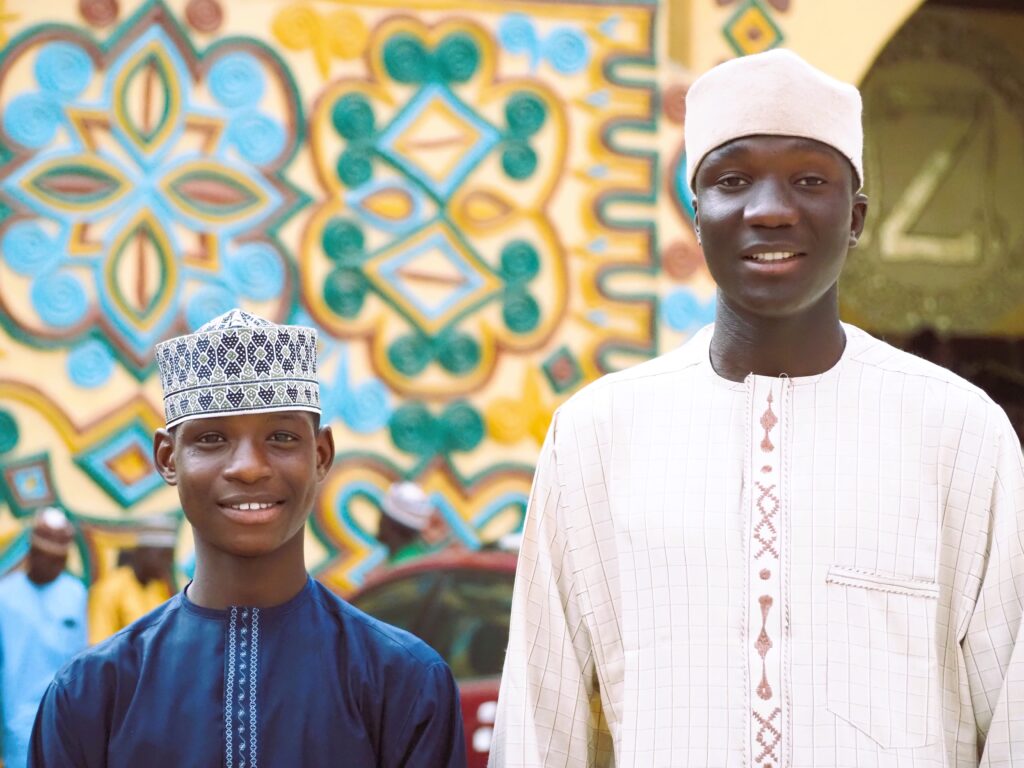
Day 1 –
Arrival in Lagos, Nigeria's largest city. We pick you up from the airport and transfer you to your hotel. Accommodation at the 4-star Amber Residence or equivalent. All hotels on our tour are secure.

Day 2 –
Welcome to Lagos, the fourth largest city in the world and the largest in Africa, a megalopolis of 26 million people! Lagos is built on the shores of the Gulf of Guinea along lagoons and islands – uncontrolled, which led to the city losing its capital status to Abuja.
Lagos traffic is always more or less congested due to its "failed" location and especially its massive population. During the day we visit the "floating slum" of Makoko, also known as the "Venice of Africa" because it is partly built on stilts in the middle of the lagoon and the slum is mainly navigated by boat.
In Lagos, we will also visit the busy markets that can be found around the city. Depending on the traffic situation, our choice is Balogun, Apongbo or Idumota. Accommodation in at the four-star Amber Residence or similar in Lagos.

Day 3 –
After breakfast, we drive about two hours to Abeokuta, the capital of Ogun State, home town of President Obasanjo, who led Nigeria from 1999 to 2007, where we visit the Presidential Library, whose mission is to "deepen democracy". The former president got the idea from the United States. We learn about the history of Nigeria and the life of President Obasanjo.
In Abeokuta, we also visit Olumo Rock, a high rock formation. In the 19th century, it served as a fortress during inter-tribal wars. We will also see colonial architecture in the centre of Abeokuta, including a beautiful red 1920s mosque.
In the evening we return back to Lagos. Accommodation at the Amber Residence or similar.

Day 4 –
Lagos is a big city, and getting from place to place is not always a breeze, so we may not see some place we wanted to visit in the second day until today. We are also scheduled to see a piece of a different Lagos – the 78-hectare Lekki Nature Reserve, where we will see wetlands, savannah, crocodiles and especially monkeys. We will also visit the Nike Art Gallery, founded by Nike Davies-Okundaye, the largest art gallery in West Africa and one of the highlights of Lagos.
In the evening we drive to Lagos airport and take an evening flight to Abuja. The flight takes about an hour. In Abuja we will stay at the 4-star Hotel Sinclair Lake Chad or similar.

Day 5 –
Abuja is a young city that was decided in the 1970s to become the country's capital, replacing the out-of-control Lagos on the country's southern coast. Abuja officially became the capital in 1991. Abuja differs from Lagos like night from day – the city is clean and its layout was designed by a Japanese architect.
In the morning, we explore Abuja and especially its main attraction, the huge National Mosque in the centre, completed in 1984 and open to non-Muslims. In addition to visiting the mosque, we will visit Zuma Rock, a 725-metre monolith that rises outside Abuja.
In the evening we fly from Abuja to Kano, where we stay in a four-star Bizarre Luxury Apartments or similar.


Day 6 –
Welcome to Kano, the largest city in northern Nigeria and one of the country's most important centres of commerce and industry, with a population of 4 million. Kano's history dates back to the 900s and in the Middle Ages it became an Islamic Hausa kingdom. We visit the fragments of the wall around the old city, which date back to the 15th century. We will also visit the emir's palace and the city museum.
A visit to Kano is not complete without admiring the scenery from Dala Hill or visiting the historic Kurmi Market. The history of Kurmi Market dates back centuries, when Kano became a major centre for trans-Saharan trade. Before the colonial era, up to 12,000 camel loads of goods arrived in Kano each year and were exchanged here for goods such as textiles, ivory and slaves. The trade network of the Kano covered the whole of the Sahara, the Sahel and even the southern parts of present-day Nigeria. The importance of slaves in the Kurmi market and in the Kano was highlighted in the 1700s and 1800s, when Arabs transported around 5 000 slaves a year across the Sahara to Tripoli in what is now Libya and on to the Middle East. There are still Arabs in Kano, of course, but slaves are no longer sold in the Kurmi Market.
We will stay overnight in Bizarre Luxury Apartment or similar.


Day 7 –
During the morning we drive the 1.5 hour journey to Dutse, the state capital of Jigawa, the opposite of the bustling and massive Kano. The tidy Jigawa is a kind of model state among Nigerian states and visitors can spot it on the streets of Dutse. We visit the Emir's palace and museum in Dutse, before climbing to see the scenery from a nearby hill. We will also visit the Ibrahim Saminu Turaki Tower, where visitors can climb to admire the view.
During the day, we drive still four hours to the city of Gashua, where we stay at the three- to four-star Yusufana Royal Suite Hotel or King Abubakar Luxury Hotel and Suites.
For the peace of mind of passengers, a dedicated security officer or two (either from the Nigeria Police Force or the army) will also be now on board, making the journey a breeze and keeping pickpockets at bay. These officers are highly professional and trained to deal with VIPs like us.

Day 8 –
In the morning we drive 30 minutes to the small town of Yusufari, where, with the help of the local emir, we are given four-wheel drive SUVs to drive immediately the 2.5 hour journey through dunes and dry terrain to the small village of Tulo Tulo, on the Niger border. The scenery is not at all what is commonly associated with Nigeria – this is the Sahara, or at least we are very much on the edge of it. On the way, we stop at a few oases, some of which have water all year round, some of which are dry. In Tulo Tulo village, we are on the land of Kanuri tribe.
We will be visiting the border post with Niger and, if the border authorities allow, those who wish can make a quick stop on the neighbouring side. We buy our food supplies at the market in Tulo Tulo, then drive a short distance through the dunes to a nearby oasis. We camp in a picturesque palm-fringed oasis surrounded by sand dunes.
The rest of the day is free to wander around the oasis and meet the some animals (aka cows) and the occasional friendly people who grow everything from mangoes to melons and bananas on the edges of the oasis. We have the security of the emir and village chief throughout our stay, so we are not alone in our camp. Overnight in tents (or on the sand under the open sky if you prefer so).
Day 9 –
We wake up to a peaceful morning at the oasis, have breakfast and have still time to tour the oasis and enjoy the hospitality of a local Kanuri tribe before a bouncy return trip through the dunes back to Yusufari, from where we continue along a paved road to Kano. Travel time is approximately 7 hours. Accommodation in the familiar Bizarre Luxury Apartments or similar.
Day 10 –
Departure day. We will take you to Kano airport and hope you have enjoyed the Grand Tour of Nigeria with us. Ethiopian Airlines and Qatar Airways offer good connections from Kano to the world. You can also fly out of Nigeria via Abuja or Lagos if you wish.
Frequently Asked Questions
How much time does the Nigeria from south to north - Kenno T & Logistics take?
Nigeria from south to north - Kenno T & Logistics duration is 12 hours.
Book Nigeria from south to north - Kenno T & Logistics now just with Booking Deposit on TripsPointHow many days in advance I must book Nigeria from south to north - Kenno T & Logistics?
You can book Nigeria from south to north - Kenno T & Logistics at least in 2 days. Check availability calendar in "Book Now" form to see currently available dates.
Book Nigeria from south to north - Kenno T & Logistics now just with Booking Deposit on TripsPointtraveler reviews
